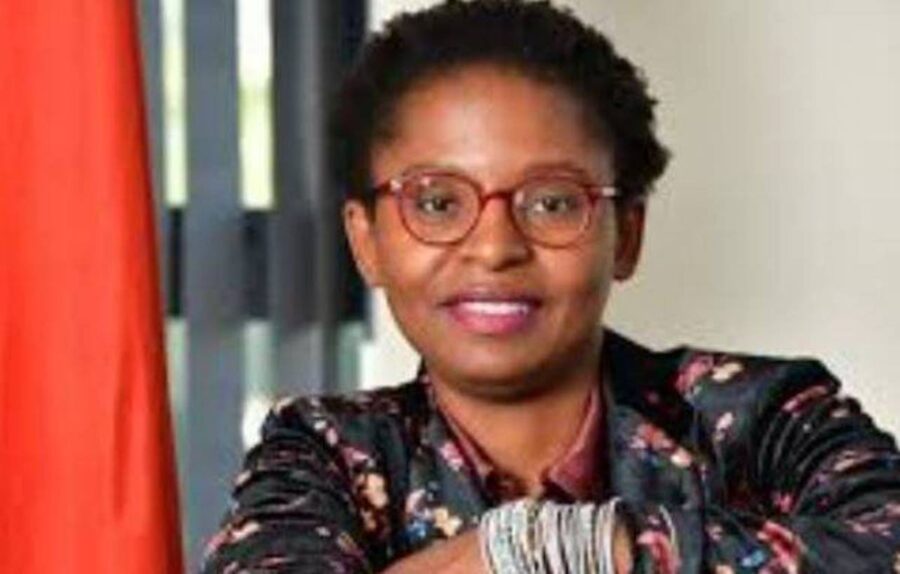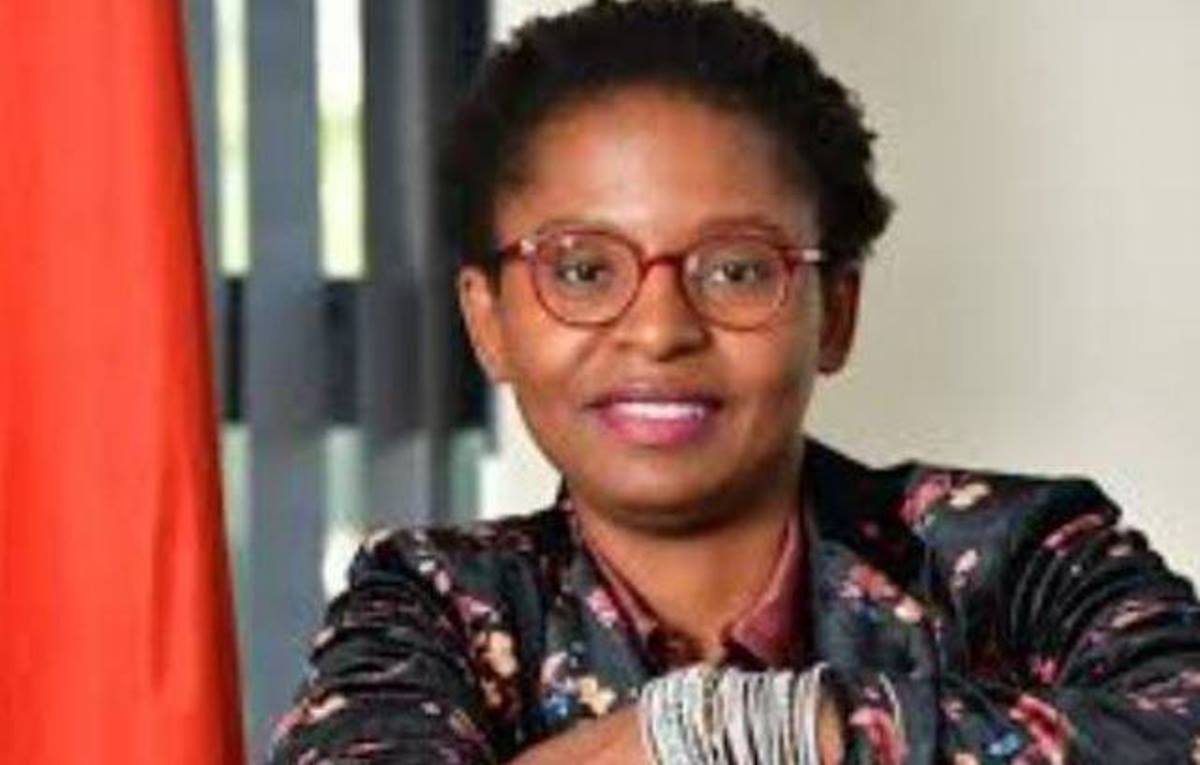
Minister Refutes DA Claims About COVID-19 Relief Funds
Minister of Small Business Development, Khumbudzo Ntshavheni, says she is “appalled” at the “misinformation peddled” by the Democratic Alliance (DA) about the expenditure of the small business COVID-19 relief funds. The DA recently issued a statement claiming the Department of Small Business Development has only allocated 8% of the funds meant as COVID-19 relief for […]

Minister of Small Business Development, Khumbudzo Ntshavheni, says she is “appalled” at the “misinformation peddled” by the Democratic Alliance (DA) about the expenditure of the small business COVID-19 relief funds.
The DA recently issued a statement claiming the Department of Small Business Development has only allocated 8% of the funds meant as COVID-19 relief for small businesses.
In a statement released on Thursday, the department said it had managed to re-prioritize only R500 million for the Small, Medium and Macro Enterprise (SMME) Debt Relief and not the purported R1.4 billion as claimed by the DA.
The SMME Debt Relief Scheme was administered by the Small Enterprises Finance Agency (sefa), an agency of the department.
The entity received 35 865 applications for the SMME Debt Relief Scheme of which 14 451 were fully completed, which equates to 40%; whereas the remaining 60% of applications, which is 21 414 were incomplete and they were referred to Small Enterprise Development Agency (Seda) to assist applicants to complete the applications.
“Of the 14 451 fully complete applications, sefa approved 1 497 applications to the value of R513 million, meaning that the funds were fully subscribed and allocated to 10% of fully completed applications.
“To date, R316 million of the R513 million has been disbursed, which represents close to 62% of the relief scheme,” the department said.
The money was released in tranches to approved Small, Medium and Micro Enterprises (SMMEs) to ensure they were able to provide prove that the money was utilized for interventions applied for before the next tranches were disbursed.
“When the economy started opening with the move to level 4 and later to level 3 some of the SMMEs did not come back for the rest of the approved funds as they had started operations and were not in need of the relief support.
“The disbursements supported the maintenance of the 23 254 jobs in the economy. From a mandate and development impact perspective, of the total SMMEs that were approved, 66.9% were black-owned, 32.8% female-owned, 20.8% youth-owned and 0.3% were owned by persons with disabilities,” the department said.
The department said the balance of the 12 954 complete applications required an estimated budget of R4.4 billion and the bulk of these applications required assistance with payment of salaries to the total value of R3.6 billion.
“Given this fact, the department worked with the Department of Employment and Labour and the Unemployment Insurance Fund (UIF) to ensure SMMEs who were not registered with the UIF could be given an opportunity to register for UIF and sign an acknowledgement of debt but could immediately qualify for UIF-TERS.”
The list of SMMEs who benefited from the SMME Debt Relief funds has been published on the department’s and its agencies’ websites.
“The department and its agencies continue to work diligently and tirelessly to promote SMMEs’ and co-operatives’ sustainability and economic recovery in these turbulent times.
“Furthermore, the department is committed to clean, open, transparent management of funds and governance. A full report, with supporting data set, on the funds in question was submitted by the department to the Portfolio Committee on Small Business Development, which is representative of various political parties, including the Democratic Alliance,” the department said.
The department said it is focused on supporting SMMEs, cooperatives and informal businesses to recover under the new normal and difficult economic climate. – SAnews.gov.za
